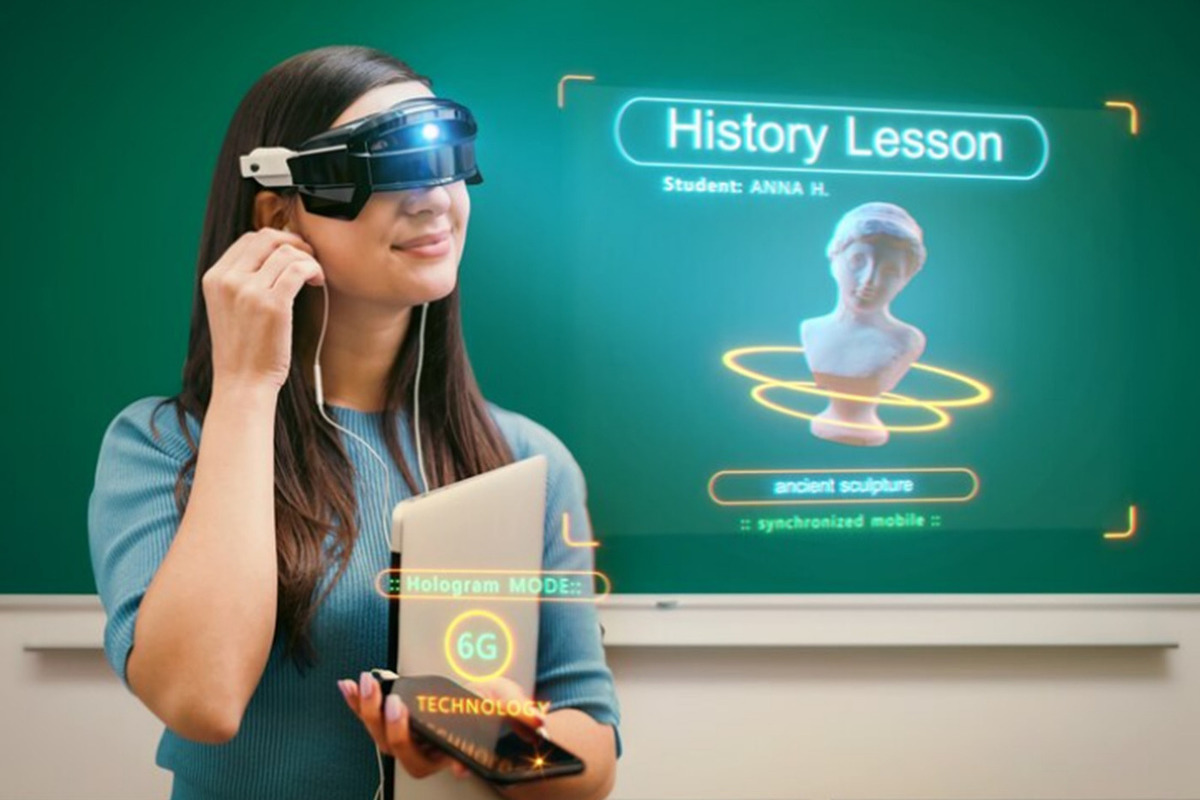Almost half of Russians would prefer to learn languages with a virtual teacher
[ad_1]

Every second of them hopes to gain an interesting experience in this way.
Almost two-thirds of Russians studying foreign languages or planning to do so would prefer to do so with the help of modern technologies and artificial intelligence (AI). A study conducted by a large chain store of electronic equipment and an online English language school showed that 62% of our fellow citizens would like to learn languages in a new way.
In particular, the survey showed that 46% of respondents are either already learning a foreign language or planning to do so in the near future. At the same time, the absolute majority (73%) choose English. It also turned out that the majority prefer learning in a digital format: 56% – using online applications, 39% – online schools. But only 19% resort to the services of a personal tutor; group courses are least popular – only 9% of respondents.
It also turned out that almost three-quarters of respondents (72%) prefer to study using their smartphone – 89%, and least often use a tablet for studying, 15% of respondents answered. And an amusing observation: the majority (53%), predictably, prefer to study on a home computer, but more than a third (36%) of those who answered the questions still prefer to study languages while lying on the bed or sofa.
In addition, it turned out that 76% of respondents were quite satisfied with their “educational” gadget, but at the same time, 62% would like to learn with the help of artificial intelligence and innovative technologies, almost half (49%) – out of curiosity, to gain an interesting experience.
The same number, 49%, of our fellow citizens who study languages feel a lack of speaking practice. This also influenced the choice of AI mentor therefore. 62% voted for the opportunity to practice with a virtual “foreigner” created on the basis of artificial intelligence. Also of interest to respondents was a virtual teacher created on the basis of AI (48%), an online pronunciation corrector in real time (41%) and an automatic voice translator of languages (32%).
The survey also showed that more than half (53%) of respondents have a positive attitude towards the digitalization of educational processes, and a third (33%) are neutral. According to Russians, modern technologies have a positive effect on the learning process. According to respondents, they make it possible to increase the effectiveness of classes (34% think so), make studying more exciting (18%) and easier (12%), 10% value the opportunity to study anywhere and anytime. And only 1% of retrogrades remain confident that technology does not affect the quality of language learning.
[ad_2]
Source link








